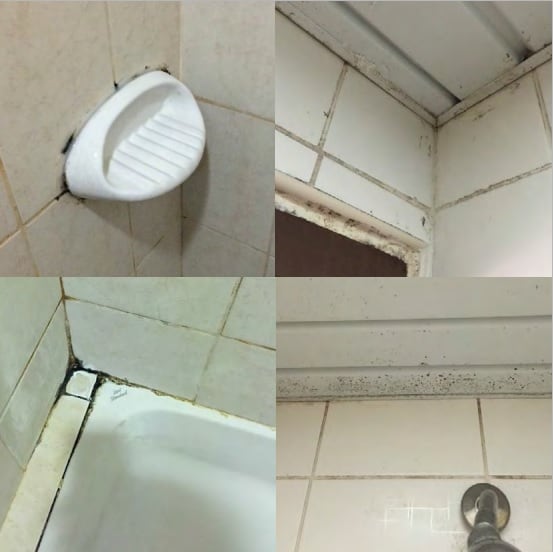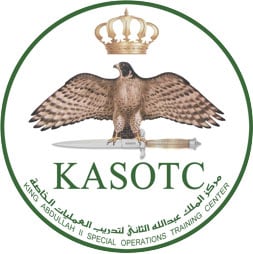Among the issues highlighted in the report, issued Wednesday:
- A fire safety official identified 189 discrepancies, including no automated fire-suppression systems in four of five dormitories accommodation buildings. Also, smoke detectors and fire extinguishers were not installed in some of the bathrooms bathroom latrines, as required by the maintenance contract overseen by the U.S. Army Central and Army Contracting Command.
- "Mold/mildew" infested the showers in at four lodging facilities because the contract did not require workers to clean or prevent it.
- Electrical inspectors found 69 code violations, including improperly installed circuit breakers and grounding problems.The ARCENT ineffectively tracked work orders, using forms that didn’t include a date of repair completion and a tracking spreadsheet that provided incomplete data.
- Maintenance and repair requirements went unmet because of either a lack of oversight or, when it came to safety regulations, "because … officials mistakenly omitted the clause from the contract."

Photos of bathrooms at the King Abdullah II Special Operations Training Center in Jordan. Army investigators found the growth was mildew, not black mold.
Photo Credit: Defense Department
found
Some issues have since been addressed: In October, fire extinguishers and smoke detectors were installed where required in October, and the affected showers have been treated and outfitted with mold-resistant caulk and new shower curtains.
Other fixes issues are on deck: Requirements to maintain mold and mildew-free showers will go into the maintenance contract by June, the report states, and other contract modifications designed to improve oversight on repair and maintenance issues were expected by the end of the month.
The KATSOC Company has held the "basic life support services" contract for the facility since March 2014. The one-year deal originally cost $6.1 million, per the report, but was adjusted to $6.7 million. The first of four optional years went into effect at $9.6 million, but moved to $11.4 million after a June adjustment.

King Abdullah II Special Operations Training Center
Photo Credit: DoD
Forces from around the world use the facility, which includes a simulated urban environment, multiple shooting ranges, a full-scale model of an A300 aircraft and an eight-story "Commando Tower," according to per its website. The U.S. contributed $99 million to the base’s construction, and U.S. Central Command Forward-Jordan operates from the facility, according to the 2106 IG report.
Kevin Lilley is the features editor of Military Times.




